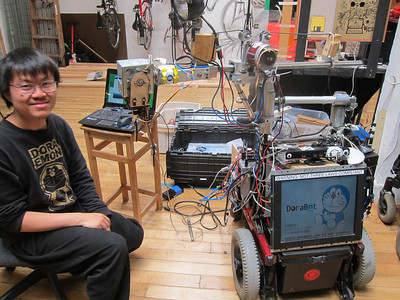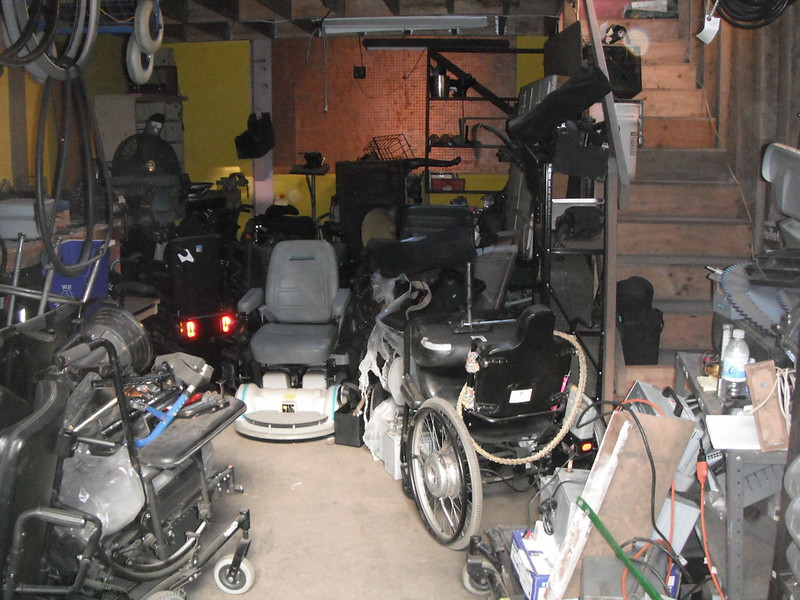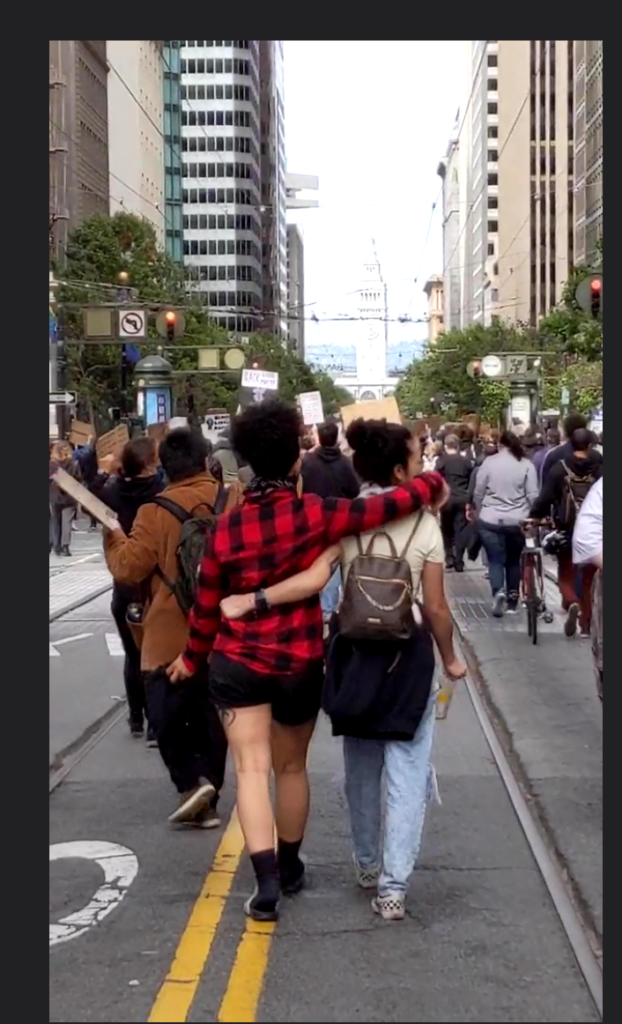This year I have been working with the Disability Inclusion Fund to develop a program for DIFxTech. This is a grant and fellowship program meant to support people and organizations who work at the intersection of disability justice and technology.
The request for proposals will be open until October 17th! Here’s some useful links:
* The Request for Proposals (RFP) and an FAQ (Frequently Asked Questions)
* In plain language translation, the same RFP and plain language FAQ.
* The application form in Salesforce or that same application form in JotForm. JotForm may be better for screen reader users.
I want to talk a little bit about why this project is dear to my heart. I’ve worked in tech for many years and I’m (most of the time) visibly disabled as a wheelchair user. I’m often the only physically disabled person in my workplace. I’ve also been involved with local hacker and makerspaces. Computers and the internet have helped me immensely as a disabled person. For example, both in preventing social isolation and in enabling me to work even when I’ve been stuck in bed or in my house. Yet I see so many ways that technology could be a tool for liberation, for movement building, organizing, and connection, and that in what we choose to build, and how we build it, how it is available to people, and what they understand they can us it *for*. I want Nothing About Us Without Us to also mean, the creation of new technologies and our visions of ourselves as disabled people in the creation of the future!

Onward, to the stuff about grants!
What does DIFxTech mean?
As I go around talking with people about the grants, they’re asking me questions like: What does “intersection of disability and tech” mean? Is it like making websites accessible?
Well, yes and no. It can be about taking existing tech and making it accessible for a wider range of people with disabilities. That hits the “disability” and the “tech” parts of DIF, but not the “inclusion!” So, crucially, think of how we design and create technology, and who makes the decisions about that, as well as how we integrate tech into disabled people’s lives. We are looking for work where disabled people are in leadership or equal partnership – that’s the Inclusion part of this equation!
What we are aiming for here is movement building, which is complex to convey. We want to put more disability justice and disability rights into “tech”! That can mean a lot of things. And, we want deeper integration of technology, tech tools, and engineering of all kinds, into communities and movements of disabled people!
Some examples for DIFxTech
To that end, in the RFP, we made a big list of examples of work we’d love to see. The list is grouped into three big categories:
1. We want projects that understand how technology can support disability rights and disability justice. Including,
For example, looking at how algorithmic bias may affect disabled people and what we can do to fix that; policy and legal work to support disability justice in tech; disability justice and technological organizations or companies learning from each other.
2. We want to support projects that make tech development more equal — to democratize tech development, provide collective and equitable access to digital infrastructure, and mobilize cross-disability solidarity in the tech sector.
Some examples: Make accessibile toolchains for disabled engineers, creating technical documentation that’s accessible in multiple formats including plain language translation, improve access to the tools and infrastructure that disabled communities need to bridge the digital divide.
3. Your project could also be about making sure people with underrepresented disabilities can do work with technology.
For example, reframing tech education as it is integrated into disability justice organizations; hosting workshops, hackathons, and conferences where marginalized disabled peoples’ experiences as technologists are amplified and elevated; education for a broad tech sector audience, on disability justice and anti-ableist approaches at the intersection of tech and disability.
Grantees will receive support for 3 years, giving them a longer than usual on-ramp to help their projects get a solid start. We will also aim to connect the grantees with each other, with the larger DIF cohort, and with other organizations and partner opportunities; generally, to give good support beyond the funding itself.
If you have any questions about applying for a DIFxTech grant, please reach out to us at difxtech@borealisphilanthropy.org.





